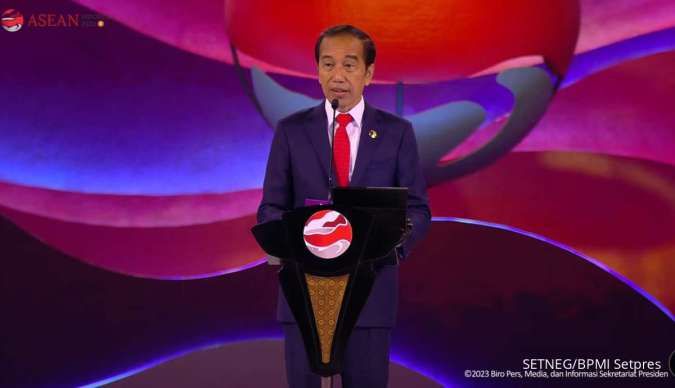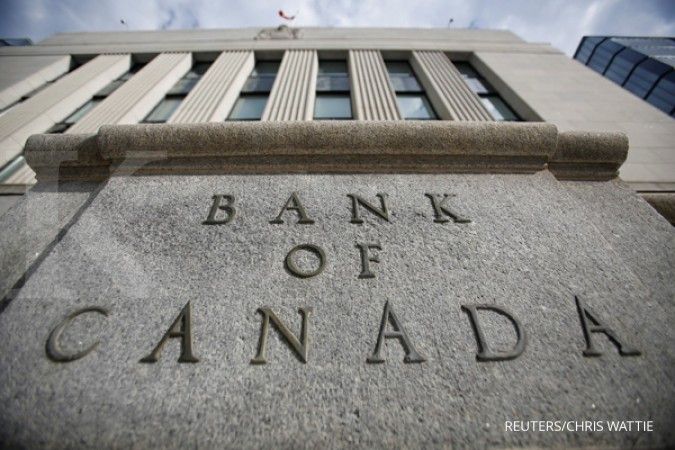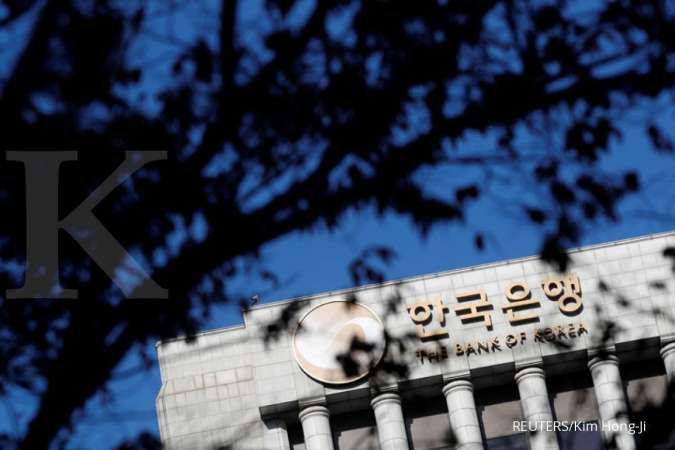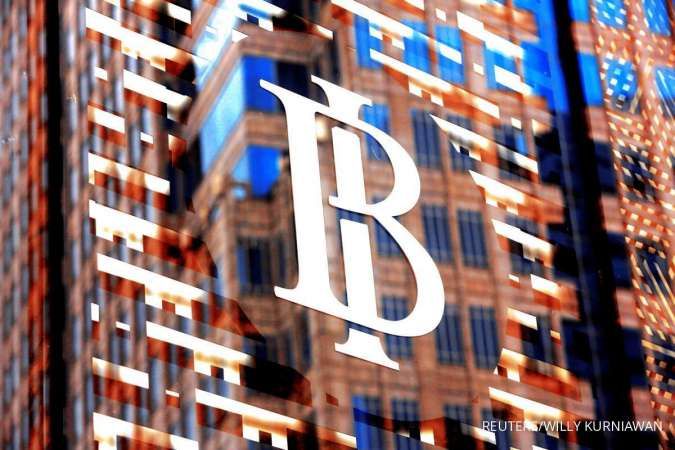THAILAND - BANGKOK. Thailand's 2023 economic growth and inflation were expected to be lower than previously forecast due to softer-than-expected exports and tourism spending, the central bank chief said on Tuesday.
Southeast Asia's second-largest economy has been impacted by slowing global growth, led by its main trading partner China and falling investor confidence due to prolonged political uncertainty following a May election. A new government was endorsed by the king on Saturday.
Overall, the Southeast Asian country's economic recovery remains intact, with 29 million foreign arrivals still expected throughout the year, Bank of Thailand Governor Sethaput Suthiwartnarueput said during two economic seminars he addressed on Tuesday.
He said the economy "is still in recovery, even though it's weaker than expected.
"The recovery of tourism remains clear, although spending may not be much as expected," he added. Tourism is a key driver, accounting for about 12% of GDP before the pandemic.
Read Also: Open 43rd ASEAN Summit, Jokowi: ASEAN Agrees Not to Become a Proxy for Any Power
Updated forecasts to be published later this month would see downward revisions to the earlier projection for 3.6% economic growth for 2023 and headline inflation of 2.5%, he said. Last year's economic growth was 2.6%.
Thailand's annual headline inflation rate was 0.88% in August, more than a forecast of 0.61% in a Reuters poll, but below the central bank's target range of 1% to 3%. Sethaput said headline inflation would gradually return to within target range.
Speaking virtually at a Fitch seminar, Sethaput reiterated that the current policy interest rate was close to a neutral level. Last month, the central bank raised its key interest rate for a seventh straight meeting to 2.25%. It will next review monetary policy on Sept. 27.
"A neutral rate means it helps inflation stay in a sustainable range, and GDP grow at its potential of 3-4% without creating financial imbalances," he said.
The BOT has hiked the key rate by 175 basis points since August last year to curb price pressures.
Read Also: Oil Edges Up on Prospect of Extended OPEC+ Supply Cuts
At the bank's seminar, Sethaput said high household debt was a big problem which take time to tackle.
Sethaput said the baht was highly volatile and the BOT would smooth out excessive moves.
"We don't want to see too much volatility but won't go against market forces," he added.
At the Fitch seminar, Sethaput said second-quarter GDP was disappointing.
Thailand's economy grew 1.8% in the April-June period on the year and 0.2% on the quarter, sharply slowing from the previous quarter's 2.6% and 1.7%, respectively, as exports slumped.
On Tuesday, the country's shippers' council forecast exports would fall 1% this year.
/2019/06/26/2102327518.jpg)















